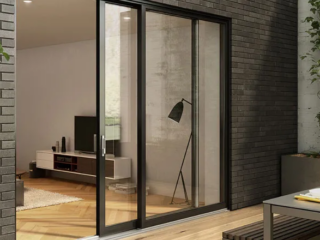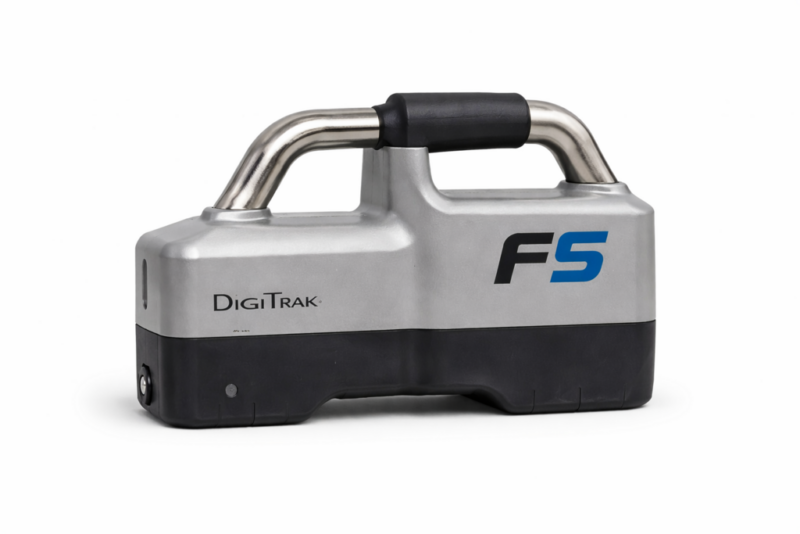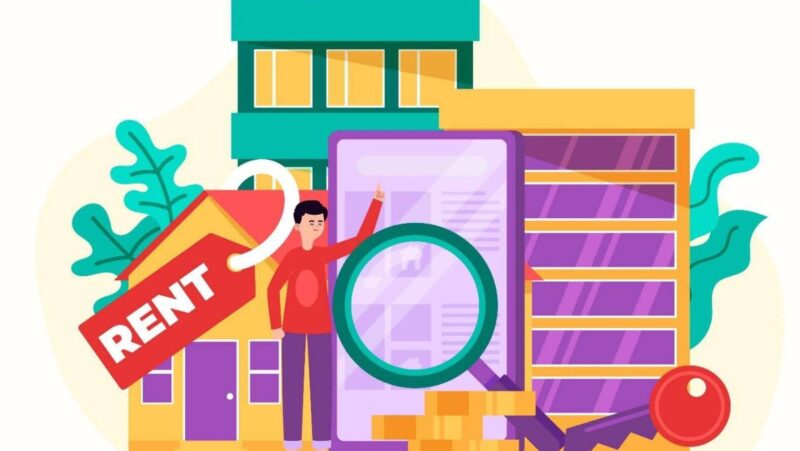
Securing your business doesn’t just mean locking the doors at the end of the day. For small business owners, implementing an effective security system is an essential step to protect assets, employees, and customers while maintaining peace of mind. Whether you run a cozy café or a thriving retail store, this guide will introduce you to the basics of security systems, with a focus on commercial access control systems and why they matter.
By the time you finish reading, you’ll understand the key features to look for, how access control can enhance security, and best practices to ensure your business stays safe.
Why Small Businesses Need Security Systems
No matter the size of your business, security threats can pose significant risks. From theft and vandalism to unauthorized access and liability concerns, small business owners face numerous challenges. The good news? Modern security systems are more advanced yet accessible than ever, designed to cater to businesses both small and large.
Key Reasons to Invest in Security Systems
- Asset Protection – Safeguard inventory, equipment, and cash from theft or damage.
- Employee Safety – Create a secure environment for your staff to work productively.
- Access Control – Ensure only authorized personnel enter restricted areas.
- Liability Management – Record incidents for evidence in case of disputes, theft, or accidents.
- Peace of Mind – Focus on growing your business without worrying about security breaches.
For small business owners, the right security system can be the difference between sleepless nights and peace of mind.
What Are Commercial Access Control Systems?
Access control systems are designed to restrict and monitor who has access to certain parts of your business. Rather than relying on traditional locks and keys, these systems use digital methods like keypads, ID cards, or even biometrics to manage entry.
How Do Access Control Systems Work?
At its core, an access control system grants permissions based on predefined roles. For example, you can allow only managers to access the stockroom while the main store is open to all employees.
Security is further heightened by logging entry and exit activity, helping you keep track of who’s accessing your business and when.
Benefits of Access Control for Small Businesses
- No More Keys – Say goodbye to the hassle of physical keys. Access credentials can be updated, replaced, or revoked instantly.
- Enhanced Security – Protect sensitive areas like offices, storage rooms, or safes by restricting access.
- Detailed Logs – Gain insights into traffic patterns, employee accountability, or unusual behavior.
- Scalability – Easily update settings as your business grows, whether you have one or multiple locations.
Types of Security Systems for Small Businesses
Setting up a security system involves more than just choosing an access control system. A comprehensive approach often includes a mix of technologies. Here are the main components to consider for your business.
1. Surveillance Cameras
Security cameras serve as both a deterrent and evidence collector. Modern cameras come with features like motion detection, HD resolution, and remote access so you can keep an eye on your business anytime, anywhere.
2. Intrusion Alarm Systems
Intrusion alarms detect unauthorized entry through doors, windows, or other access points. Integrated with motion sensors, these systems can alert you and law enforcement in real time.
3. Access Control Systems
These systems manage and monitor access to your business. You can customize access for different employees based on roles and locations within your facility. For instance, staff in customer-facing roles don’t need entry to your server room.

4. Environmental Sensors
Environmental threats like fires, floods, or gas leaks can be just as damaging as theft. Sensors that detect smoke, heat, water, or carbon monoxide can help protect your business from these often-overlooked risks.
5. Remote Monitoring Services
Many modern security systems integrate with apps or web platforms, allowing you to monitor and control your system remotely. Whether you’re at home or on vacation, you can arm or disarm your system with a few taps on your phone.
Ideal Practices for Enhanced Security
Once you’ve set up the basics, optimizing your security system for maximum protection involves following some best practices.
1. Layer Your Security
No single system can protect your business on its own. Combine access control, surveillance, and alarms for a multi-layered approach that covers all angles.
2. Train Your Team
Educate employees about security protocols and how to properly use the system. Limiting access to sensitive areas is only effective if team members understand why it matters.
3. Regularly Update Access Lists
Whenever an employee leaves the business or their role changes, review their permissions. Many access control systems allow you to update credentials in just a few minutes.
4. Conduct Routine Maintenance
Test your alarms, inspect your cameras, and update software regularly to ensure that your entire system is functioning properly. Outdated equipment can compromise safety.
5. Prioritize Data Protection
If your systems store employee or customer data, ensure it’s encrypted and protected. A secure business is also a responsible one.
How to Choose the Right Commercial Security Solution
Every small business is unique. When selecting security systems, consider factors like your budget, the size of your facility, and specific risks related to your industry. Here are a few tips to guide your decision-making process.
1. Assess Your Needs:
Walk through your premises and identify potential vulnerabilities, such as poorly lit areas or easily accessible windows.
2. Set a Budget:
Investing in security is a long-term benefit. Decide how much you’re willing to spend upfront and on ongoing maintenance.
3. Research Features:
Look for scalable systems with features like mobile integration, alert notifications, and detailed analytics.
4. Compare Vendors:
Contact multiple security system providers and request demos to compare pricing, functionalities, and customer support.
5. Think Long-Term:
Choose solutions that can grow with your business. A system that supports additional modules will save costs as your needs evolve.
Secure Your Business, Secure Your Growth
Small businesses face countless daily challenges, but security shouldn’t be one of them. By investing in a robust security system, especially with commercial access control systems, you can protect what matters most and focus on building your business with confidence.

Remember, the best security solution is one that fits your unique needs and addresses potential risks. Take the time to assess your situation, explore your options, and implement a system that keeps your business, employees, and customers safe.
Start securing your business today and sleep easier knowing you’re prepared for whatever comes.











